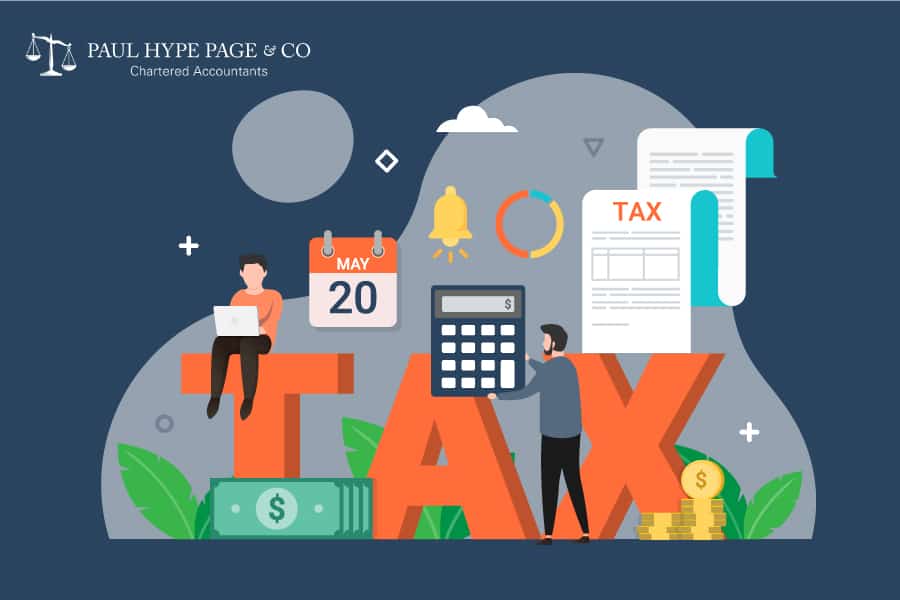Outline
Businesses and local firms in Singapore are assigned a Unique Entity Number (UEN) upon registration with the Accounting and Corporate Regulatory Authority (ACRA). This alphanumeric identifier acts as an official ID number for companies and registered entities.
With a UEN, businesses can interact seamlessly with Singapore government agencies, open corporate bank accounts, and fulfill all regulatory requirements efficiently.
What Is a UEN and Who Needs It?
A UEN is a permanent registration number issued by ACRA once a company is successfully incorporated in Singapore. It applies to all registered entities, including:
- Private limited companies (Pte Ltd)
- Limited liability partnerships (LLPs)
- Representative offices
- Societies and non-profit organizations
The UEN system replaces multiple older identifiers, streamlining compliance with statutory boards such as IRAS, CPF Board, and other authorities.
Entities exempt from UEN registration include:
- Individuals operating sole proprietorships without employees
- Foreign-incorporated companies with no transactions in Singapore
- Branches of Singapore-incorporated entities
Still, any business that engages with Singapore government agencies—for example, to open a bank account, register for GST, or hire employees—must hold a valid UEN.
Companies retain the same UEN indefinitely. Sole proprietors and partnerships, however, must renew their registration periodically to keep their UEN active.
Why the UEN Matters for Businesses in Singapore
Understanding who needs a UEN and how it facilitates compliance is critical for foreign entrepreneurs, investors, and corporate service providers. Whether you are comparing LLP vs Pte Ltd structures or engaging a corporate secretary in Singapore, obtaining a UEN is one of the first steps in incorporation.
Without a UEN, businesses cannot legally transact, file taxes, or interact with regulatory bodies.
How to Check a Company’s UEN in Singapore
To verify a company’s UEN:
- Use ACRA’s Entity Search on BizFile+
- Visit the official UEN.gov.sg directory
These platforms allow you to search by company name and check details such as status, issuance agency, and registered address.
This is particularly useful for due diligence and vendor verification. For example, before signing a service agreement, always confirm the UEN is active. Financial institutions in Singapore also require a valid UEN for corporate banking, loans, and financing.
How to Get a UEN in Singapore
Step 1: Choose Your Business Structure
Decide whether to register as a sole proprietorship, LLP, or private limited company. Pte Ltd entities are the most scalable and provide limited liability protection.
Step 2: Register on BizFile+
Business registration is done online via ACRA’s BizFile+ portal. Unless your business falls within regulated industries (finance, media, education), approval typically takes less than an hour.
- Fees: SGD 115 (1-year LLP registration), SGD 175 (3-year LLP), SGD 315 (company incorporation).
Step 3: Select a Special UEN (Optional)
If branding is important, you may opt for a Special UEN (SUN) at extra cost. SUNs use auspicious or repeating numbers, enhancing recall and brand recognition.
Step 4: Receive Your UEN
Once registered, your UEN will appear on your company’s Business Profile and can be verified anytime on BizFile+ or UEN.gov.sg.
Common Mistakes During UEN Registration
- Entering inconsistent details between your company name and activity code (SSIC), leading to rejection or delays.
- Appointing directors or company secretaries without checking disqualification status.
- Using a residential address for commercial purposes, which may breach URA zoning laws.
- Submitting incomplete documents without proper SingPass digital signatures (for locals).
- Foreign entrepreneurs should pay special attention to Singapore’s compliance requirements to avoid rejection.
Understanding ACRA UEN Formats
UENs follow structured formats that indicate the type and year of entity registration. Examples:
- 12345678B – ACRA-issued business UEN
- 202412345Z – Local company (with incorporation year)
- T12LL1111J – LLP or LP (T = 2000s, S = 1900s)
Codes like LL indicate Limited Liability Partnerships, while LP indicates Limited Partnerships.
This structured system allows authorities, banks, and corporate secretaries to quickly identify an entity type and its reporting obligations.
Why the UEN Format Matters
- Regulatory filings: Systems such as IRAS tax portals automatically identify filing requirements based on UEN format.
- Fraud detection: Invalid UENs or incorrect checksum digits may indicate fake entities.
- Corporate secretary services in Singapore rely on UEN accuracy to manage AGMs, annual returns, and deadlines.
Always verify UENs before engaging suppliers or signing contracts.
Renewal of UEN
- Companies: No renewal required. UENs remain valid indefinitely.
- Sole proprietors and partnerships: Must renew BizFile+ registration periodically (SGD 115 for one year, SGD 175 for three years). Failure to renew leads to UEN deactivation, interrupting filings, GST submissions, and payroll.
Many businesses engage corporate secretarial services to handle renewal deadlines and ensure compliance with ACRA.
Special UENs (SUNs) in Singapore
SUNs are premium UENs chosen for branding and memorability:
- Tier 1: SGD 3,000 (e.g., 20188888A)
- Tier 2: SGD 1,000 (e.g., T19LL1222D)
Available only during registration on BizFile+. Regular UENs cannot be converted later.
High-visibility businesses such as tech startups or professional service firms often invest in SUNs for credibility and recall.
Mandatory UEN Display Requirements
All registered businesses in Singapore must display their UEN on statutory documents, including:
- Business letters and invoices
- Purchase orders and statements of account
- Contracts, agreements, and official notices
- This ensures authenticity and facilitates audits by IRAS and other regulators.
UEN for Foreign Companies in Singapore
Foreign entities establishing a subsidiary, branch office, or representative office in Singapore are also assigned UENs. A UEN is mandatory to:
- Open a corporate bank account
- Register for GST
- Hire employees under Employment Pass (EP) or Letter of Consent (LOC) applications
- Access government portals like myTax Portal and GoBusiness Singapore
Without a UEN, foreign companies cannot legally transact or expand operations in Singapore.
Using UEN for Compliance in Singapore
- CPF: UENs are used when making employee CPF contributions.
- IRAS: UENs appear on all corporate tax filings, ECI submissions, and grant applications.
- MOM & ICA: UENs are required for EP and LOC applications.
- GST: If turnover exceeds SGD 1 million, GST registration under UEN is compulsory.
Failure to maintain an active UEN can lead to penalties, disqualification from tax exemption schemes, and disruption of operations.
Frequently Asked Questions
Share This Story, Choose Your Platform!
Related Business Articles






